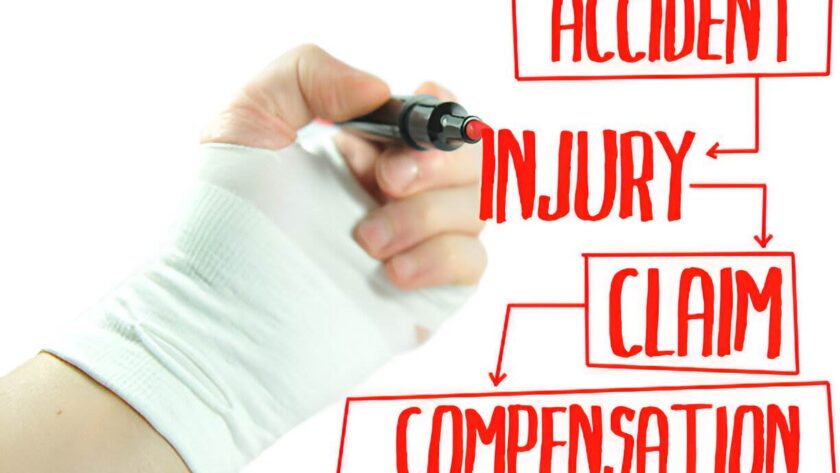When you’ve been injured due to someone else’s negligence, understanding how to navigate the legal landscape is crucial. This guide will walk you through the essential steps to ensure you receive fair compensation for your personal injury claim.
Contents
- 1 Cornerstones of Personal Injury Law
- 2 Immediate Actions: Safeguarding Your Health and Your Case
- 3 Building Your Arsenal: Gathering Crucial Evidence
- 4 Your Legal Ally: The Role of a Personal Injury Attorney
- 5 Decoding Compensation: Understanding What You’re Owed
- 6 Art of Negotiation: Patience in Pursuit of Justice
- 7 Navigating Pitfalls: Common Mistakes to Avoid
- 8 Healing Journey: Balancing Recovery and Legal Action
- 9 Conclusion
Cornerstones of Personal Injury Law
Personal injury law exists to protect individuals who have been harmed by others’ actions or negligence. Whether you’ve been involved in a car accident, a workplace incident, or suffered from medical malpractice, you have the right to seek compensation for your injuries and losses.
Understanding the basics of this legal framework is the first step in protecting your interests.
Immediate Actions: Safeguarding Your Health and Your Case
Your health is paramount. Seek medical care immediately after an injury, even if you feel fine. Some injuries may not manifest symptoms right away, and prompt medical attention creates a crucial record linking the incident to your injuries. Additionally, start documenting your experience immediately.
Record daily pain levels, symptoms, and how the injury impacts your daily life. This comprehensive record will serve as valuable evidence, illustrating the full impact of your injury on your life.
Building Your Arsenal: Gathering Crucial Evidence
Collecting evidence is vital to building a strong claim. Photograph injuries and the accident scene, obtain official incident reports, and collect witness contact information. Keep all medical records and bills, document property damage, and save receipts for injury-related expenses.
This evidence will be instrumental in establishing the extent of your damages and linking them directly to the incident.
Your Legal Ally: The Role of a Personal Injury Attorney
After addressing immediate concerns, consulting with an experienced personal injury attorney can be game-changing. A skilled lawyer assesses your case, handles insurer communications, gathers evidence, calculates damages, negotiates compensation, and represents you in court if needed.
Most attorneys offer free initial consultations and work on a contingency fee basis, making legal representation accessible.
Decoding Compensation: Understanding What You’re Owed
Calculating fair compensation involves assessing both tangible and intangible losses. Economic damages include current and future medical expenses, lost wages, reduced earning capacity, and property damage. Non-economic damages cover pain and suffering, emotional distress, loss of life enjoyment, and loss of consortium.
Understanding these categories helps you and your attorney determine a fair value for your claim.
Art of Negotiation: Patience in Pursuit of Justice
Securing fair compensation often requires time and persistence. While early settlement offers may be tempting, especially when facing mounting bills, it’s crucial to ensure that the compensation covers all your damages, including potential future expenses.
Your attorney can help you understand the true value of your claim and advise on when it’s appropriate to settle or proceed to trial.
Be cautious about what you say to insurance adjusters or on social media about your accident or injuries. Your statements can be used against you. Don’t underestimate your injuries; some may seem minor at first but can develop into serious conditions over time. Always get a thorough medical evaluation and follow your doctor’s advice consistently.
Healing Journey: Balancing Recovery and Legal Action
While pursuing your claim is important, don’t let it overshadow your recovery. Focus on your health and let your legal team handle the complexities of your case. Follow all medical advice, attend scheduled appointments, and keep your attorney informed of any changes in your condition or treatment.
Conclusion
Navigating a personal injury claim can be challenging, but with the right knowledge and support, you can secure the compensation you deserve. Ultimately, your goal is not just to recover from your immediate losses but to ensure you’re protected against any long-term consequences of the injury.




